‘Made in China’ EV influx into Australian market to drive down costs
EVs have long been associated with hefty price tags, but industry insiders say a major shake-up is flipping the script.
On the Road
Don't miss out on the headlines from On the Road. Followed categories will be added to My News.
EVs have long been associated with hefty price tags, but industry insiders say a Chinese EV influx could bring them within the financial reach of the masses.
Hundreds of thousands of electric vehicles (EVs) enter the Australian market from China every year, surpassing the demand for traditional favourites such as Ford and Holden cars.
In fact, China has become the third biggest supplier of vehicles sold in Australia.
“Year to date in 2024 over 80 per cent of all electric vehicles sold in Australia were made in China,” Federal Chamber of Automotive Industries (FCAI) chief executive Tony Weber recently told 9News.
“It’s good for Australian consumers because it’s putting more choice into the market, and it’s putting downward pressure on prices as competition rises.”
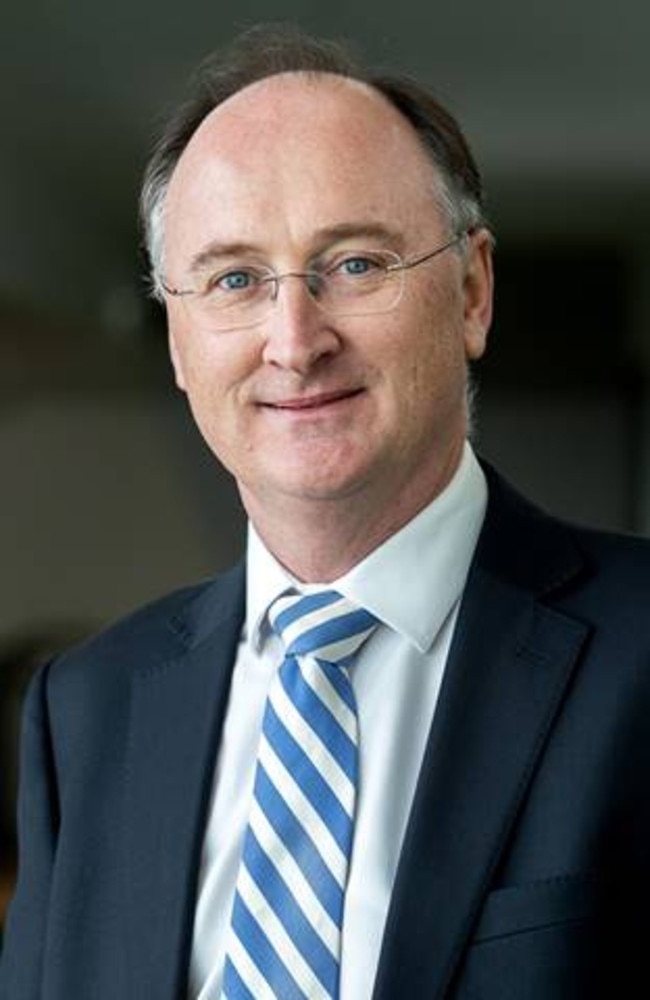
Mr Weber said Australians were buying vehicles at lower prices compared to other countries due to the “incredibly open market” with few tariffs or other barriers.
“Therefore the Australian consumer gets the benefit of the best quality product from around the world at the cheapest possible prices,” he said.
Nine reports, for instance, a Chinese-made BYD Seal is priced at around $50,000 in Australia, while European customers might pay around $90,000 (AUD) for the same vehicle.
“We continue to see the increase in EVs, they’re now eight per cent of the market last month,” Mr Weber said.
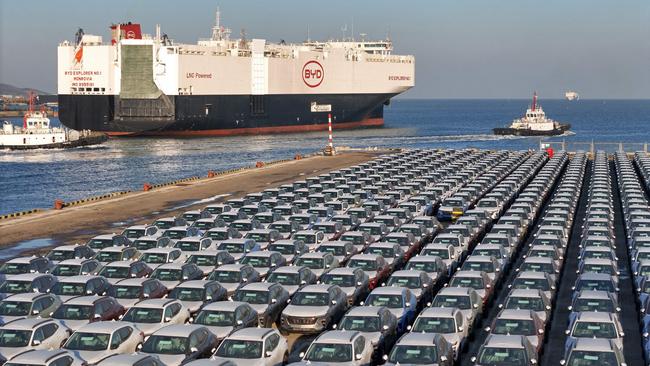
“We’re also seeing the rise in hybrid and plug-in hybrid vehicles, and around 24 per cent of all vehicles were a fuel-efficient product.
“We’re seeing a change in the market where consumers are demanding low-emission vehicles, which is good for the environment.”
There are currently almost 100 EV models in Australian showrooms.
The low end of the market is about $40,000, while most sell between $60,000 and $90,000.
According to Canstar Blue, Aussies spent an average of $37,362 on new cars in 2023, while the average amount spent on small cars is only $26,454.
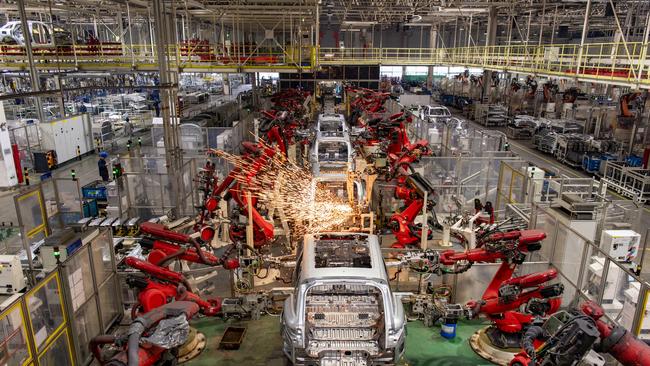
US, Europe stall Chinese EV influx, Australia leaves doors open
The US and Europe have significantly increased and probed tariffs on Chinese electric vehicles (EVs) to safeguard its auto industries.
Last month, the White House announced that the border tax on these vehicles would rise from 25 per cent to 100 per cent to curb the influx of Chinese EVs into the American market.
President Joe Biden stated, “They’re flooding the market. It’s not competing, it’s cheating.”
Alongside EVs, other Chinese imports such as computer chips, batteries, and steel are also facing punitive measures from the US.
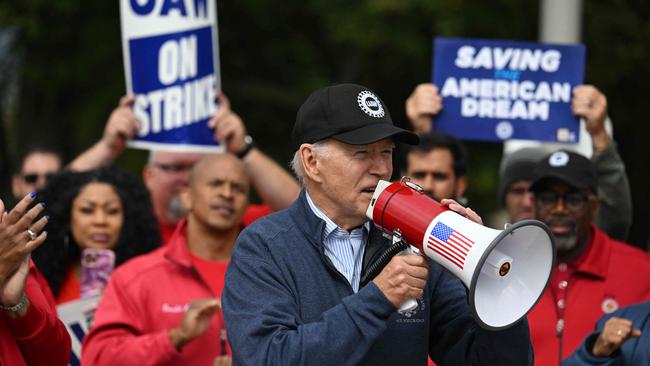
Europe took similar steps to protect its own billion-dollar auto industry with the European Commission probing potential tariffs on Chinese EVs in September, with a decision expected this month.
European Commission President Ursula von der Leyen expressed concern over “global markets being flooded with cheaper electric cars” with prices “kept artificially low by huge state subsidies”, the ABC reported.
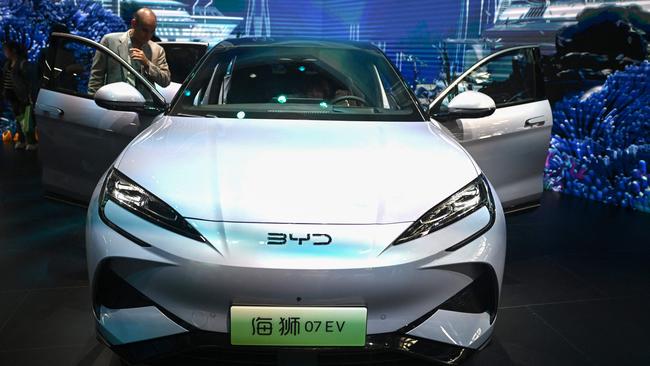
In response, China’s Commerce Ministry criticised the US tariffs, arguing they would “severely affect the atmosphere for bilateral cooperation”.
Contrary to the US and Europe, Australia, which no longer has a domestic automotive industry to shield, has not imposed similar tariffs.
However, the Department of Foreign Affairs and Trade (DFAT) told the ABC that Australia seeks to “encourage cooperative avenues to manage these issues in a manner consistent with international trade rules”.
“Australia is committed to maintaining a level playing field for our manufacturers and producers by supporting a robust multilateral rules-based trading system,” it added.
When questioned about the possibility of introducing tariffs, the department clarified that trade policy decisions are “made in Australia’s national interest”.
Originally published as ‘Made in China’ EV influx into Australian market to drive down costs


